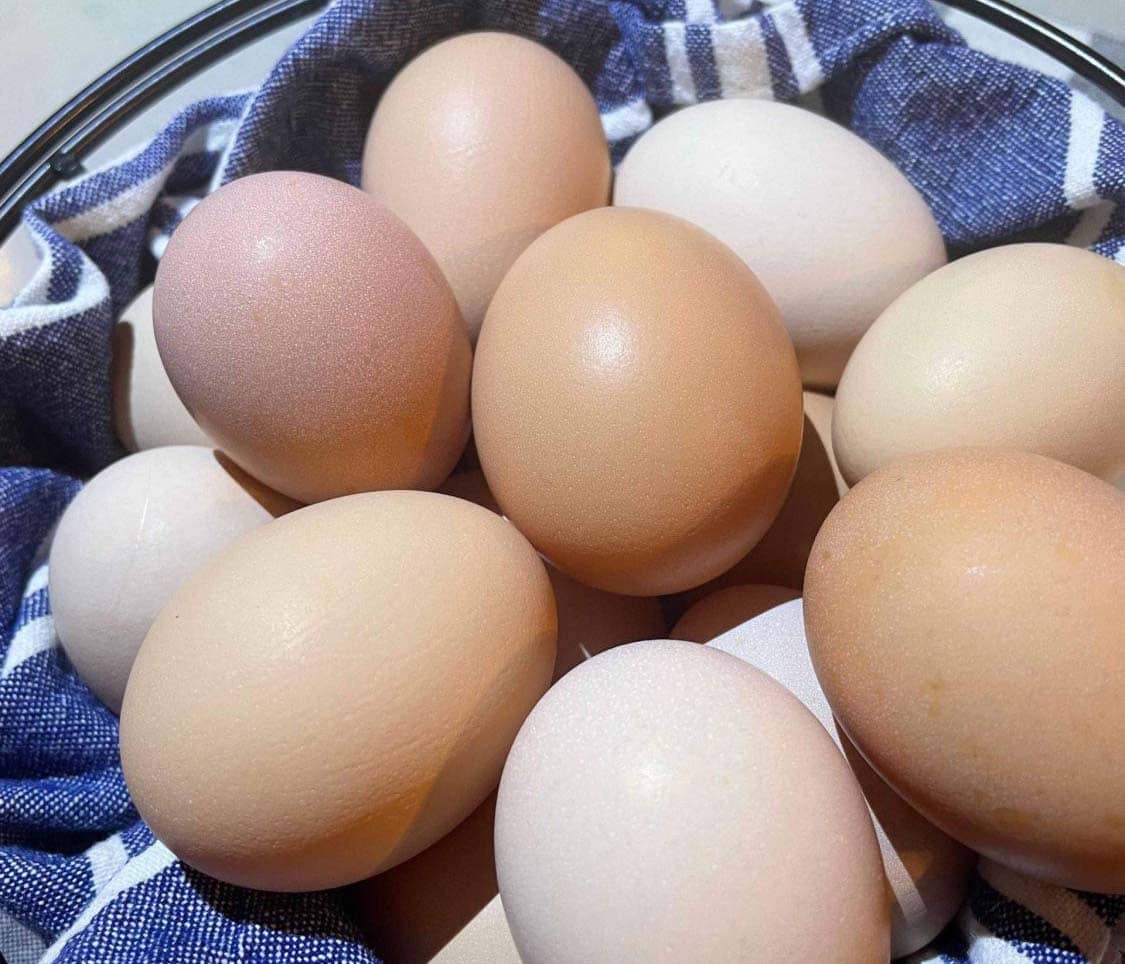Incubating eggs is one of the most fascinating experiences ever! I truly feel that everyone should take the time to watch the process take place. We have the Little Giant 41 egg incubator and have had pretty good success rates.
Here is some of what we learned after going through the incubation process on our farm:
- Always add an extra thermostat and humidity gauge inside the incubator as many do not read effectively. Our Little Giant screen shows an accurate temperature but the humidity is typically off by about 15-20%.
- Buy the separate egg turner if your incubator does not automatically do that. If not, you will need to manually turn the eggs to ensure the yolk does not stick to one side.
- Always ensure the pointy end of the egg is facing down. With the eggs that are hard to tell, I just had to guess.
- I learned quickly to number each egg on the side of the egg. This allows you to see the number when you enter lockdown and the eggs are placed on their side.
- Once any chicks start to hatch they knock the rest of the eggs around all over the place. I didn't expect them to be so active and placed the eggs in a perfect order at lockdown. That was quickly messed up and was totally unnecessary.
- At lockdown, we add water to increase the humidity but find it doesn't increase too much (maybe to 50%) and then as soon as one hatches it increases more quickly. Be careful not to get water on the eggs as they are porous.
- We had this image of all eggs hatching on day 21 and that has never happened. We have had some hatch on day 20 and many come on day 22 and even a few on day 23. After day 23, I personally candle any remaining eggs to see if there is any activity.
- We found the pipping and hatching stage to be quite stressful and so exciting! Do not open the incubator after lockdown. For some reason, you need to do it very quickly and even consider adding a moist warm paper towel in to keep humidity from dropping too much.
- When hatching is done, check the left over eggs and egg shells carefully. I say this because I was in the process of cleaning out the incubator when I heard a sudden squick. Turns out that there was a small egg inside the broken half of another egg so we thought it had hatched. This little one was pipping inside the broken shell and couldn't get out. Now we check the left over eggs very carefully.
- One other tip we recommend is to take out the red ventilation caps at lockdown. We took one out at lockdown and then the second at hatching so there is ventilation available for the chicks.

